Emergency Guide for HVAC Repair Service in Texas:
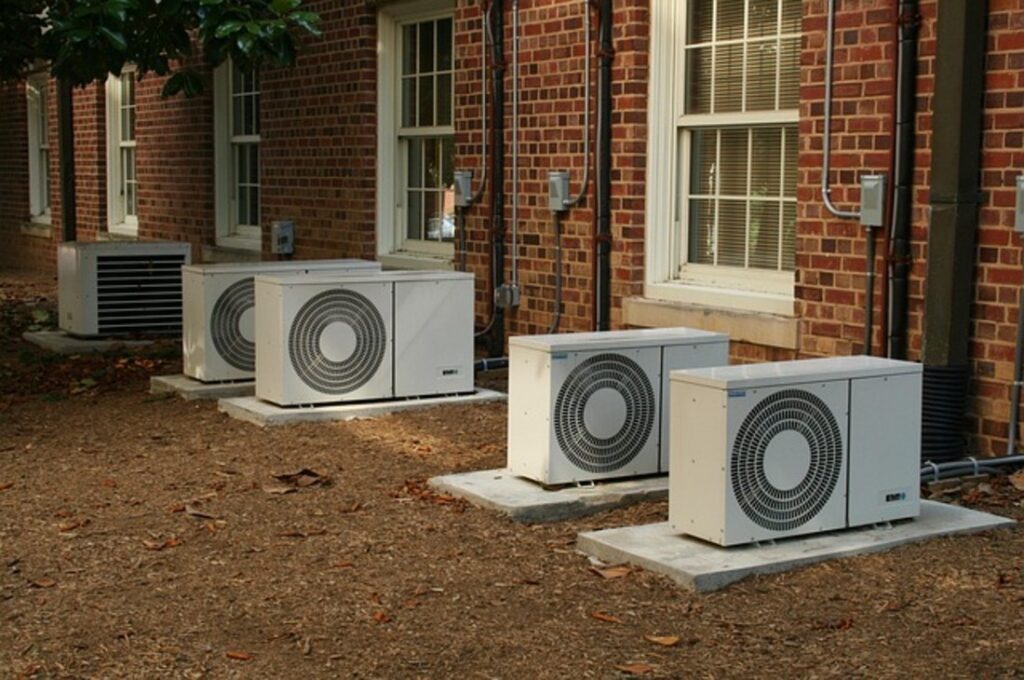
Picture this: It’s 105°F in Dallas, the sun is relentless, and your HVAC system suddenly sputters to a stop. Sweat drips down your neck as panic sets in.
What now?
In Texas, where summer heatwaves can be brutal, a broken AC isn’t just uncomfortable—it’s dangerous. But don’t sweat it (literally).
This guide walks you through exactly what to do during an HVAC emergency, how to stay safe, and why 24/7 repair HVAC services are a lifeline in the Lone Star State.
Why Texas Heatwaves Demand Immediate Action
Texas summers are no joke. Summer heatwaves in Houston Austin and San Antonio can become extremely long by exceeding 100 degrees Fahrenheit. When your air conditioning stops working it becomes essential to act promptly because several problems can arise from system failure.
– Health risk: Direct exposure to severe heat accounts for fatal health conditions such as heat exhaustion combined with heatstroke that primarily harm children and the elderly and pet animals.
– System Damage: Your HVAC system faces enhanced damage if you operate an unfunctional system since it may lead to burnt compressors combined with refrigerant leaks.
– Skyrocketing Costs: Emergency repairs at peak times can strain your budget, but waiting risks higher bills or total system failure.
Did You Know? In 2023, Texas broke records with 47 consecutive days of 100°F+ temperatures. Preparation is key!
Step 1: Stay Calm and Assess the Situation
Panic won’t fix your AC, but a clear head will. Start by asking:
– Is the system completely dead? Check if other electronics have power. If not, it might be a tripped breaker.
– Is my HVAC system making strange noises? Burning odors or grinding sounds signal immediate shutdown.
– Is one room hotter than others? This could mean blocked vents or ductwork issues.
Pro Tip: Keep a flashlight and your HVAC company’s number handy for emergencies.
Step 2: Troubleshoot Quick Fixes
Before calling for help, rule out simple issues:
– To respond to failure check the cooling settings of your programmable thermostat and inspect the power supply of its battery.
– A mechanical failure at the electrical panel can possibly be detected by examining the circuit breaker status. Flip it back on if safe.
– The system will stop functioning when blocked airflow occurs because of a bad air filter.
Safety First: Avoid opening the HVAC unit yourself—electrical components can be hazardous.
Step 3: Shut Off the System
If troubleshooting fails, turn off your HVAC to prevent further damage:
- Switch the thermostat to “off.”
- Turn off the breaker connected to the HVAC unit.
- Close the gas valve (if you have a gas furnace).
Why This Matters: Continuing to run a faulty system can lead to costly repairs (like a $2,000+ compressor replacement).
Step 4: Reduce Heat Gain in Your Home
Keep your home cooler while you wait for repairs:
– Your cooling effort will be stronger if you keep windows and drapery shut to block incoming sun rays.
– Set box fans at locations near windows to distribute hot air outdoors during evening hours.
– Electrical usage of heating appliances such as ovens, dryers and dishwashers should be minimized.
DIY Hack: Soak a bandana in ice water and wear it around your neck—it’s a Texan-approved way to stay cool!
Step 5: Call a 24/7 Emergency HVAC Repair Service
Here’s where Texas’s 24/7 HVAC heroes come in. A reputable company will:
– Respond Fast: Many offer same-day service, even at midnight.
– Diagnose Accurately: Experienced techs can spot issues like refrigerant leaks or motor failures quickly.
– Fix Safely: Proper tools and training prevent DIY disasters.
What to Ask When You Call:
– “What’s your average response time?”
– “Are your technicians licensed and insured?”
– “Do you offer upfront pricing?”
Step 6: Stay Cool While Waiting for Help
If repairs are hours away, use these temporary fixes:
– Camp in the Coolest Room: Basements or north-facing rooms stay cooler.
– Cooling Centers: Many Texas cities open public cooling centers during heatwaves.
– Portable AC Units: Rent one from a local hardware store if available.
Life-Saver: Freeze water bottles and place them in front of fans for a makeshift AC boost.
Why 24/7 HVAC Services Are Non-Negotiable in Texas
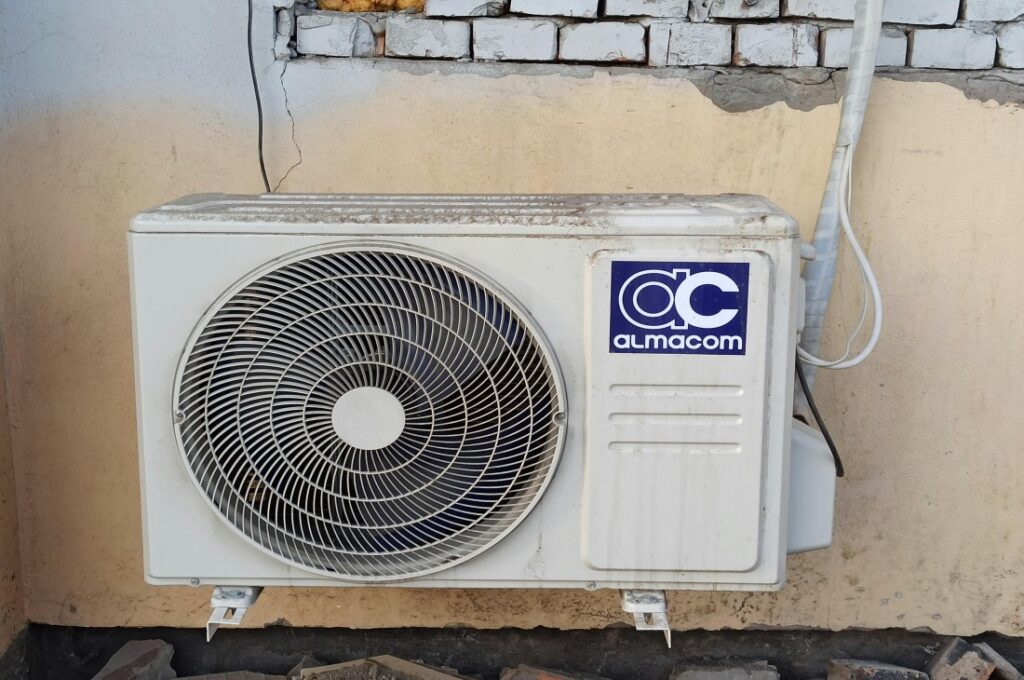
When the heat index hits 110°F, waiting until morning isn’t an option. Here’s why 24/7 services are worth every penny:
- Prevent Heat-Related Illnesses: Techs can often restore cooling within hours.
- Avoid Secondary Damage: Quick fixes stop leaks or electrical faults from escalating.
- Peace of Mind: Knowing help is available 24/7 reduces stress during a crisis.
Texas-Specific Perk: Look for companies familiar with local challenges, like humidity-induced mold in Houston or dust storms in El Paso.
How to Choose a Reliable Emergency HVAC Company
Not all services are created equal. Vet providers with these tips:
– Check Licenses: Ensure they’re TACLB (Texas Air Conditioning & Contracting License Board) certified.
– Read Reviews: Google, Yelp, and BBB ratings reveal reliability.
– Ask About Warranties: Reputable companies guarantee their work.
Red Flags:
– No physical address or vague pricing.
– Pushy upsells or refusal to show credentials.
Preventing Future HVAC Emergencies
Once your system is restored, take these steps to avoid repeats:
– Schedule Annual Maintenance: Tune-ups catch issues early.
– Upgrade Older Units: Systems over 10 years old are prone to failures.
– Install a Smart Thermostat: Alerts you to temperature spikes or system errors.
Did You Know? Proper maintenance can reduce emergency repair risks by up to 95%!
Final Thoughts: Stay Cool, Texas!
An HVAC breakdown in a Texas heatwave is stressful, but it doesn’t have to be catastrophic. By acting quickly, relying on 24/7 pros, and preparing for the worst, you’ll keep your home safe and comfortable—no matter how high the mercury climbs.
Need Immediate Help? Bookmark this article and save the number of Lockeyair Heating and Air, your trusted 24/7 HVAC service. When the next heatwave hits, you’ll be ready.
FAQs
Q: How much does emergency HVAC repair cost in Texas?
A: Costs range from $150–$600 for minor fixes (e.g., capacitor replacement) to $1,500+ for major repairs (compressor issues).
Q: Can I sue my landlord for broken AC in Texas?
A: Texas law requires landlords to provide habitable housing, which includes working AC in extreme heat. Document requests and contact local housing authorities if unresolved.
Q: How long do HVAC systems last in Texas?
A: 10–15 years with proper maintenance. Harsh summers may shorten lifespan.
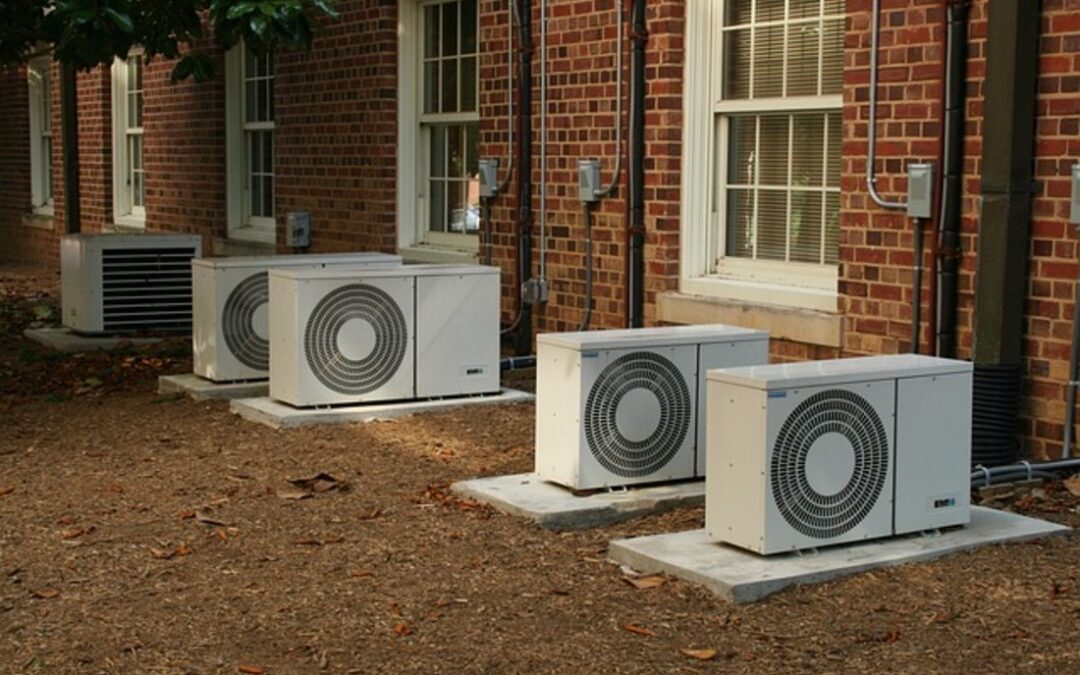
How Often Should You Service Your AC in Belton, Texas?
Let’s be real about Belton summers for a minute. That heat isn’t just uncomfortable; it’s relentless. From those humid June….
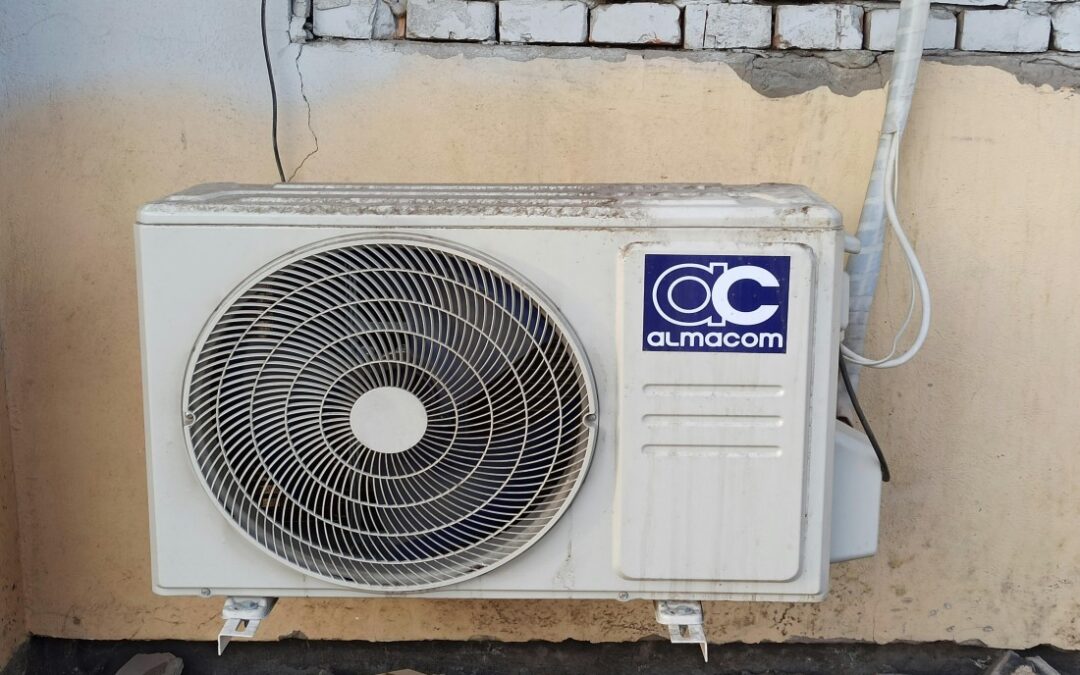
Why Homeowners in Central Texas Are Switching to Ductless Systems
You know exactly how it is here. Summer rolls in, you turn the AC down low, and what happens? The living room gets frosty…
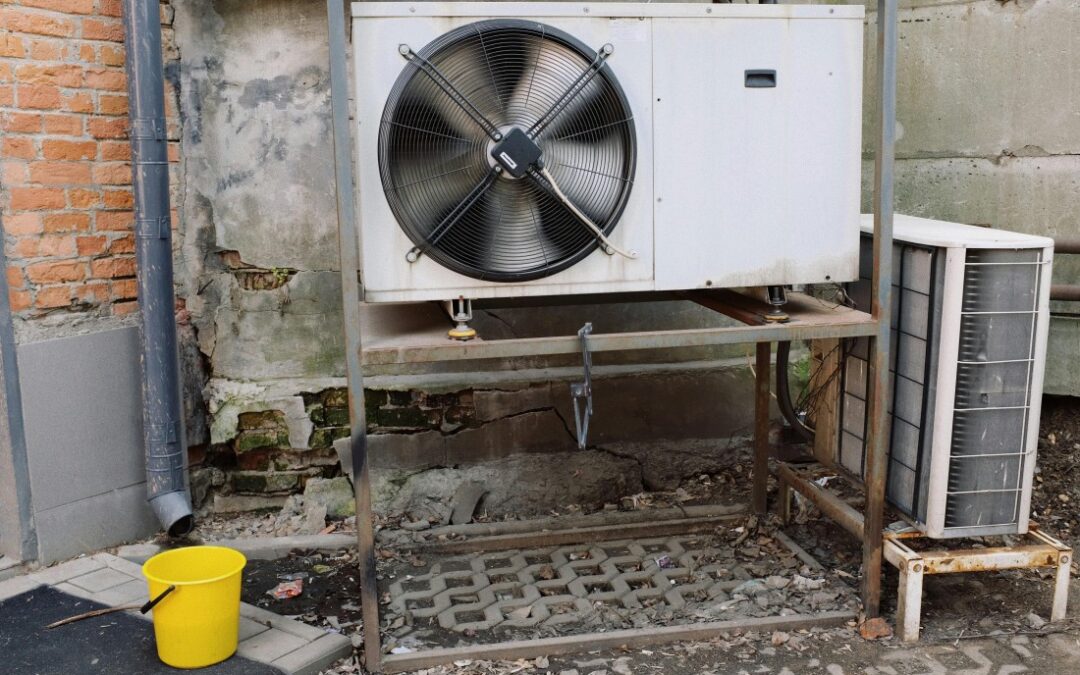
Is Your HVAC System Costing You Too Much? A Smart Thermostat Might Be the Fix
Man, opening that monthly energy bill can feel like a punch in the gut, can’t it? You look at the number for your heating…

How Smart Thermostats Improve HVAC Performance and Reduce Bills
Let’s be honest. For most of us, the thermostat is that thing on the wall we poke at when we’re too hot or too cold…

Why Regular HVAC System Maintenance Is So Important in Central Taxes
Let’s be real. Around here, from around San Angelo to over to Waco and down through Austin, we have a special relationship with our air conditioning…
